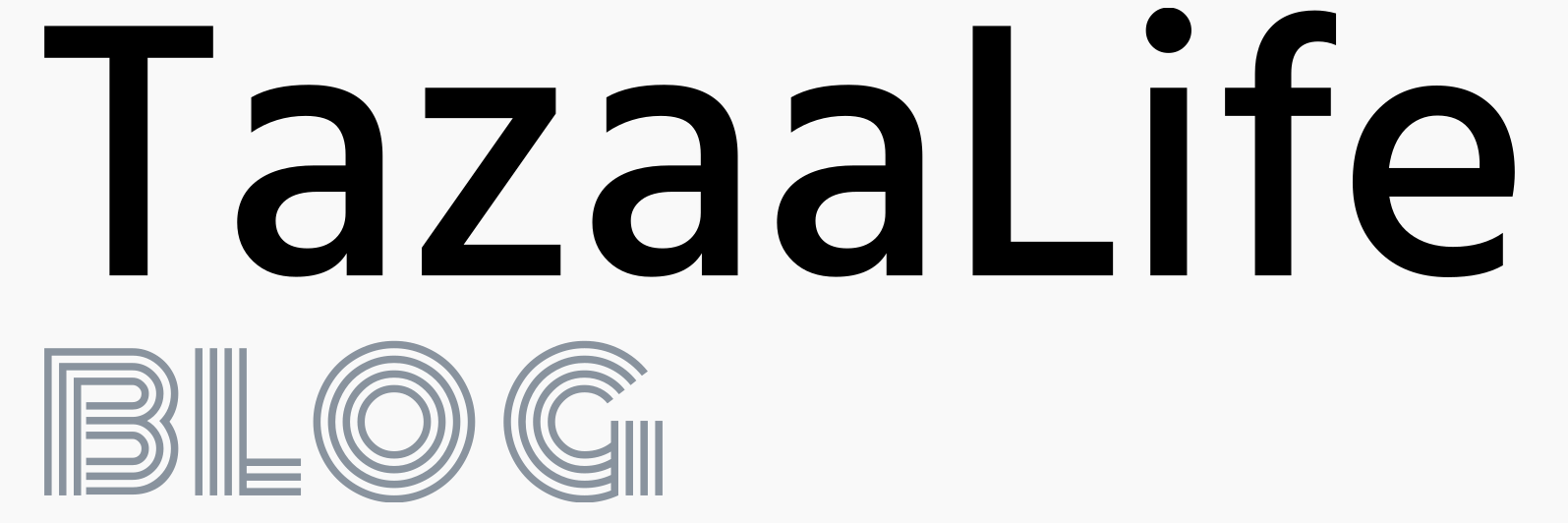zinc stands out as a powerhouse that plays a crucial role in maintaining overall health and well-being. This often-overlooked micronutrient is involved in numerous physiological processes within the body. From supporting the immune system to aiding in wound healing, zinc is a key player in promoting optimal health. we will delve into what zinc is, explore its benefits, and identify some zinc-rich foods to incorporate into your diet.
What is Zinc?
Zinc is an essential trace element that is vital for the proper functioning of various enzymes and proteins in the human body. While it is present in every cell, the body does not store zinc, necessitating a regular intake through diet or supplements. This mineral is involved in a wide range of physiological processes, including cell division, immune function, wound healing, and DNA synthesis.
Benefits of Zinc:
Immune System Support: zinc plays a pivotal role in the development and function of immune cells, helping the body fend off infections and illnesses. Individuals with zinc deficiency may experience a weakened immune response, making them more susceptible to infections.
Hormone Regulation: Zinc plays a role in regulating hormones, including those involved in growth and development, as well as reproductive hormones. It is particularly important for the proper functioning of the reproductive system in both men and women.
Anti-Inflammatory Properties: Zinc exhibits anti-inflammatory effects, contributing to the reduction of inflammation within the body. This property is valuable for individuals dealing with inflammatory conditions, such as arthritis, and may aid in managing symptoms.
Acne Management: Some studies suggest that zinc supplementation can be beneficial in managing acne. It is believed to exert anti-inflammatory effects and regulate oil gland activity, making it a potential adjunct in skincare routines.
Blood Sugar Regulation: Zinc is involved in the synthesis, storage, and release of insulin. Adequate zinc levels may help regulate blood sugar levels, making it beneficial for individuals with diabetes or those at risk of developing the condition.
Eye Health: Zinc is present in high concentrations in the retina, suggesting its importance for maintaining healthy vision. It is associated with reducing the risk of age-related macular degeneration (AMD) and promoting overall eye health.
Wound Healing: Zinc is instrumental in the process of wound healing. It facilitates cell division and growth, accelerates tissue repair, and supports the overall regeneration of damaged cells. This makes zinc an essential nutrient for those recovering from injuries or surgeries.
DNA Synthesis and Repair: Zinc is a key player in the synthesis and repair of DNA. It helps maintain the integrity of genetic material and ensures proper cell division, which is critical for the growth and development of tissues and organs.
Support for Senses: Zinc is crucial for the proper functioning of the senses, particularly taste and smell. Adequate zinc levels are essential for the health of taste buds and olfactory receptors, enhancing the overall sensory experience.
Zinc-Rich Foods:
Meat and Seafood: Animal products are excellent sources of zinc. Seafood, especially shellfish like oysters, crab, and shrimp, is also abundant in zinc.
Nuts and Seeds: Many nuts and seeds are packed with zinc. Pumpkin seeds, sunflower seeds, cashews, and almonds are great additions to your diet to boost zinc intake.
Legumes: Legumes, including lentils, chickpeas, and beans, are plant-based sources of zinc. These foods are not only rich in zinc but also provide a healthy dose of fiber and protein.
Dairy Products: Dairy products such as milk, cheese, and yogurt contain significant amounts of zinc. These foods offer a convenient way for individuals to meet their daily zinc requirements.
Whole Grains: Whole grains like quinoa, oats, and brown rice are good sources of zinc. Including these grains in your diet not only provides zinc but also ensures a well-rounded nutritional profile.
Vegetables: While vegetables generally contain lower levels of zinc compared to other food groups, certain options can contribute to your zinc intake. Spinach, kale, and mushrooms are among the vegetables that contain some zinc.
Frequently asked question-
What is zinc, and why is it important for health?
Zinc is an essential mineral that plays a important role in various processes of the body.
What are the best food sources of zinc?
Foods rich in zinc include oysters, red meat, poultry, seafood (such as crab and lobster), beans, nuts, whole grains, and dairy products. Plant-based sources like legumes and nuts also contain zinc, but the absorption of zinc from these sources may be lower due to the presence of phytates, which can inhibit absorption.
How much zinc do I need daily?
The recommended daily allowance (RDA) for zinc varies depending on factors such as age, sex, and life stage. For adults, the RDA for zinc is typically around 8-11 milligrams per day for women and 11-15 milligrams per day for men.
Can I take zinc supplements to meet my daily requirements?
While it’s always best to obtain nutrients from whole foods whenever possible, zinc supplements can be beneficial for individuals who have difficulty meeting their daily requirements through diet. If you want to take supplement, consult a doctor before taking zinc supplements.
What are the signs of zinc deficiency?
Symptoms of zinc deficiency can include impaired immune function, loss of appetite, hair loss, skin problems (such as dermatitis or acne), impaired taste or smell, and poor growth and development in children.


1 thought on “Zinc: Benefits and sources.”